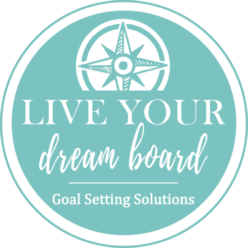Live Your Dream Board has moved
Live Your Dream Board can now be located at https://liveyourdreamboard.com/
Please visit us at that link. We are looking forward to meeting your goals!

Live Your Dream Board can now be located at https://liveyourdreamboard.com/
Please visit us at that link. We are looking forward to meeting your goals!
